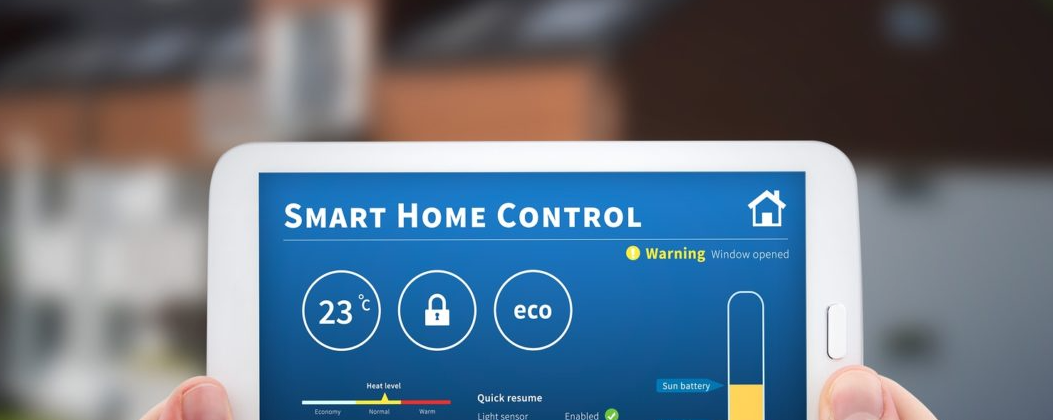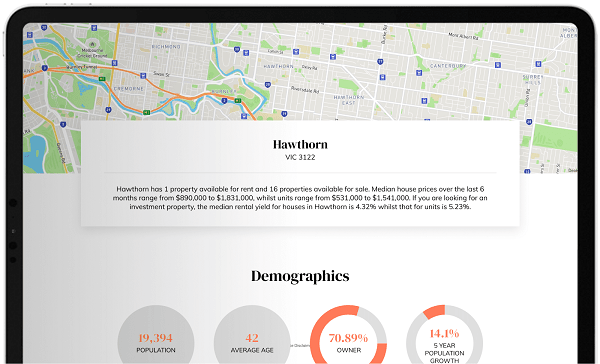
How To Save On Heating Costs in Winter
Tips on Reducing Your Electricity Bill
More Australians are spending time at home these days due to the Coronavirus. And as the temperature drops the opposite applies to electricity usage and bills. You might notice that your power bills are on the rise. Naturally, the more time you are at home the more you use appliances and heating and cooling. So how do we reduce our power fees especially with winter almost upon us? The following are ways to help reduce your costs.
What services and appliances use the most energy in winter?
A study by energy provider Origin Energy revealed that 40% of our total bills are spent on cooling and heating. On the other hand household appliances such as computers and microwaves take up 23% of the energy bill in the colder winter months.
Your hot water system is at 21% with refrigeration, lights and cooking appliances taking up the remaining 16%. So, can you reduce these costs? With a few simple adjustments around the home, you can bring down your energy payments.
What can you do to bring down heating costs?
The first place you will want to start in reducing your energy costs would be via your heating system. There are some key areas you can address and pay less for your heating.
1. Identify draughts and block them
Letting the heat escape and letting the cool air come in can greatly contribute to the extra work your heating system has to do to bring your room to the desired temperature. This can be a small gap under your door, a window that doesn’t close properly, or an opening on the floor. Containing these problems will reduce your power bill.
Do you have a fireplace in your home? If so, check that it is closed when not in use. You can use chimney blockers that will sufficiently do the job of blocking out the air. To stop the draughts go to the local Bunnings and purchase a double-sided door draught stopper. Find any windows that are letting in the air and seal them.
2. Have you checked your insulation
Insulation is one of the first areas in your home you can look at. Having insulation in the ceiling, walls and floors will obviously stop the heat you generate from leaving your home. You should check that your insulation is fitted properly and is of the required standard. An added bonus is insulation keeps your home cooler in summer.
Sustainability Victoria states that having the correct insulation installed can save you up to 45% on your energy bills.
3. Heat Only The Rooms You Are In
Depending on your heating system you can isolate the heating to certain areas of your home. A lot of people will heat their entire house which of course runs up the electricity bill. Heating every room will cost you a lot of money.
If you have ducted heating then close the vents in the room that you are not using. Or, if you have a “smart” heating system then you can isolate which rooms you want to be heated.
4. Smart Heating
Smart homes are the trend for multiple reasons. Having the electrical controls in your hands gives you many options for controlling all types of devices and appliances. Utilising smart technology could wipe off $600 from your annual bill.
PC Mag has made a list of the best smart home devices. These types of devices can monitor just about every electrical device in your home.
5. Turning Down The Thermostat
You don’t have to turn off the heating completely. Just turn it down a little. Each 1 degree represents approximately 10% of your bill. Try putting the heating to around 18 degrees and if you feel warm ad comfortable then leave it at this temperature.
6. Which Energy Provider Has The Best Deal
There are a few websites that provide comparable energy company rates. It doesn’t take long to source a preferred supplier. You can find the cheapest deal and save money. After all, electricity is electricity whoever supplies it. Compare Victorian energy suppliers.
7. What Is Your Heating Appliance Rating?
There is a reason appliances have a star rating. This is to tell the user which appliances are the most efficient. The lowest rating is generally for appliances that work the hardest to heat your home. A typical appliance with a low rating would be a portable electrical heater. Choosing the most efficient heater will save you money.
8. Are Your Windows Glazed
Government research departments suggest that 40% of the heat generated within your home escapes through the windows. Glazing windows is a form of insulation and you should retain 87% of the room’s heating by having double glazed windows.
The next best insulation for windows are good quality heavy blinds and curtains.


